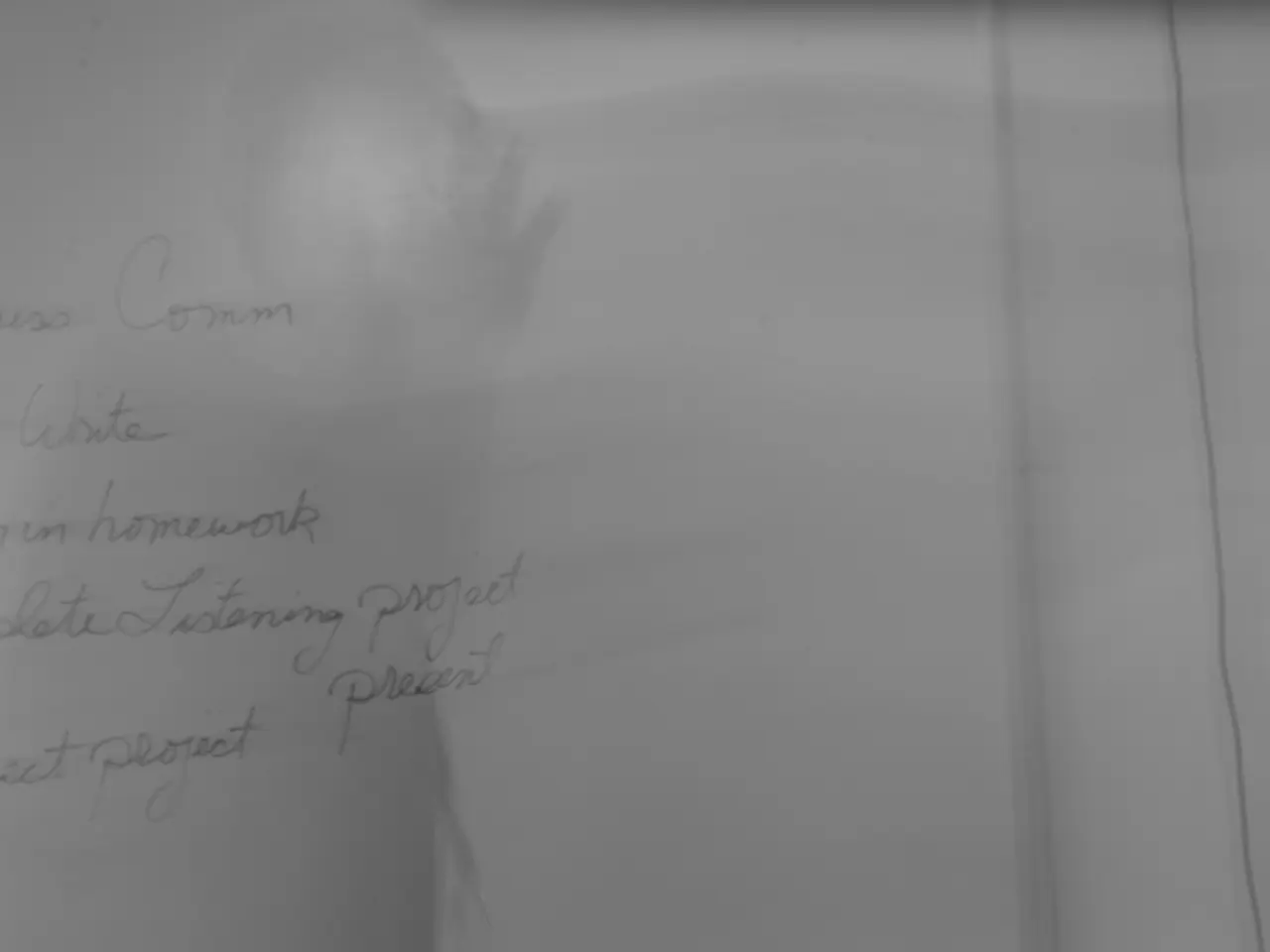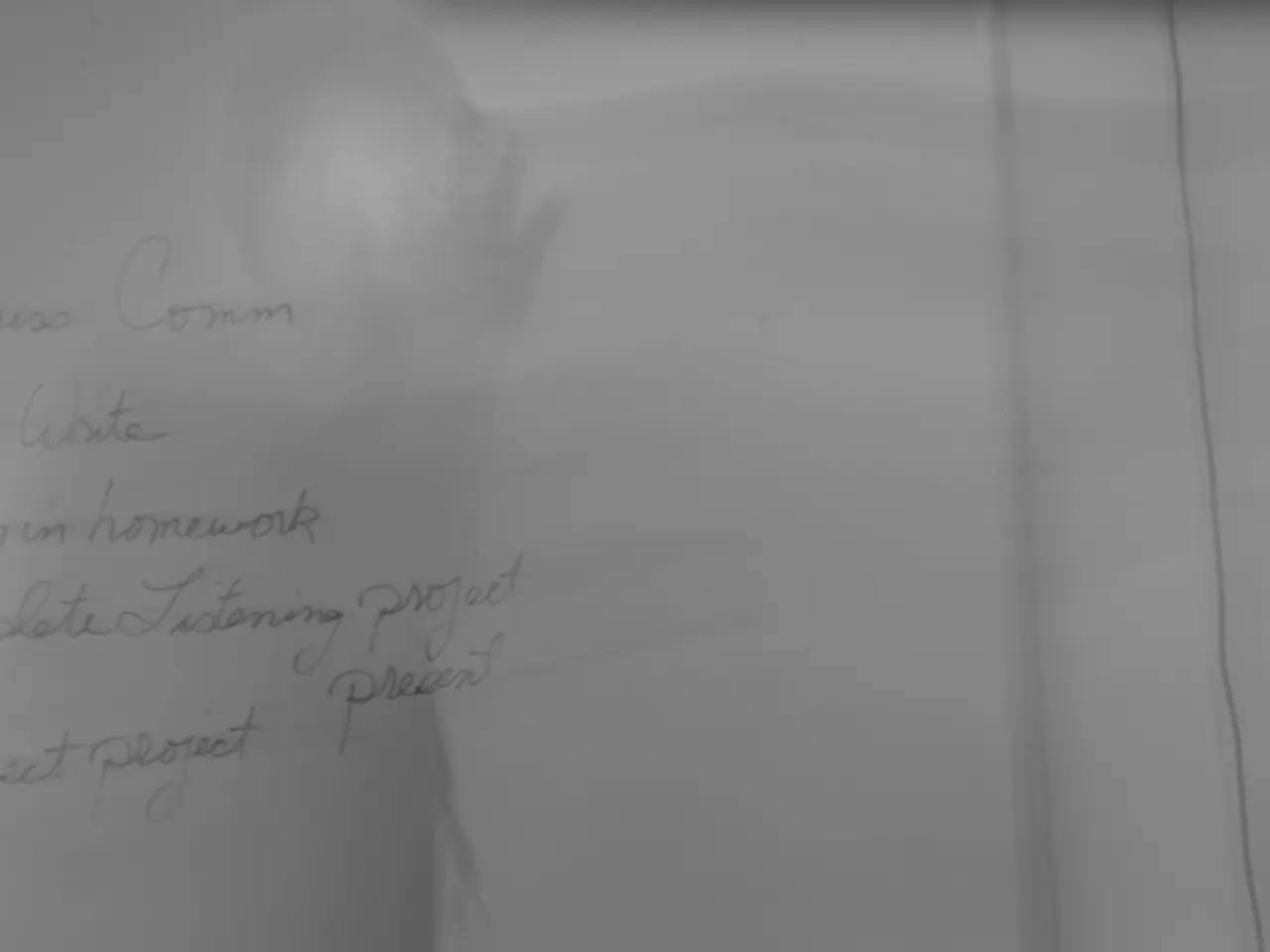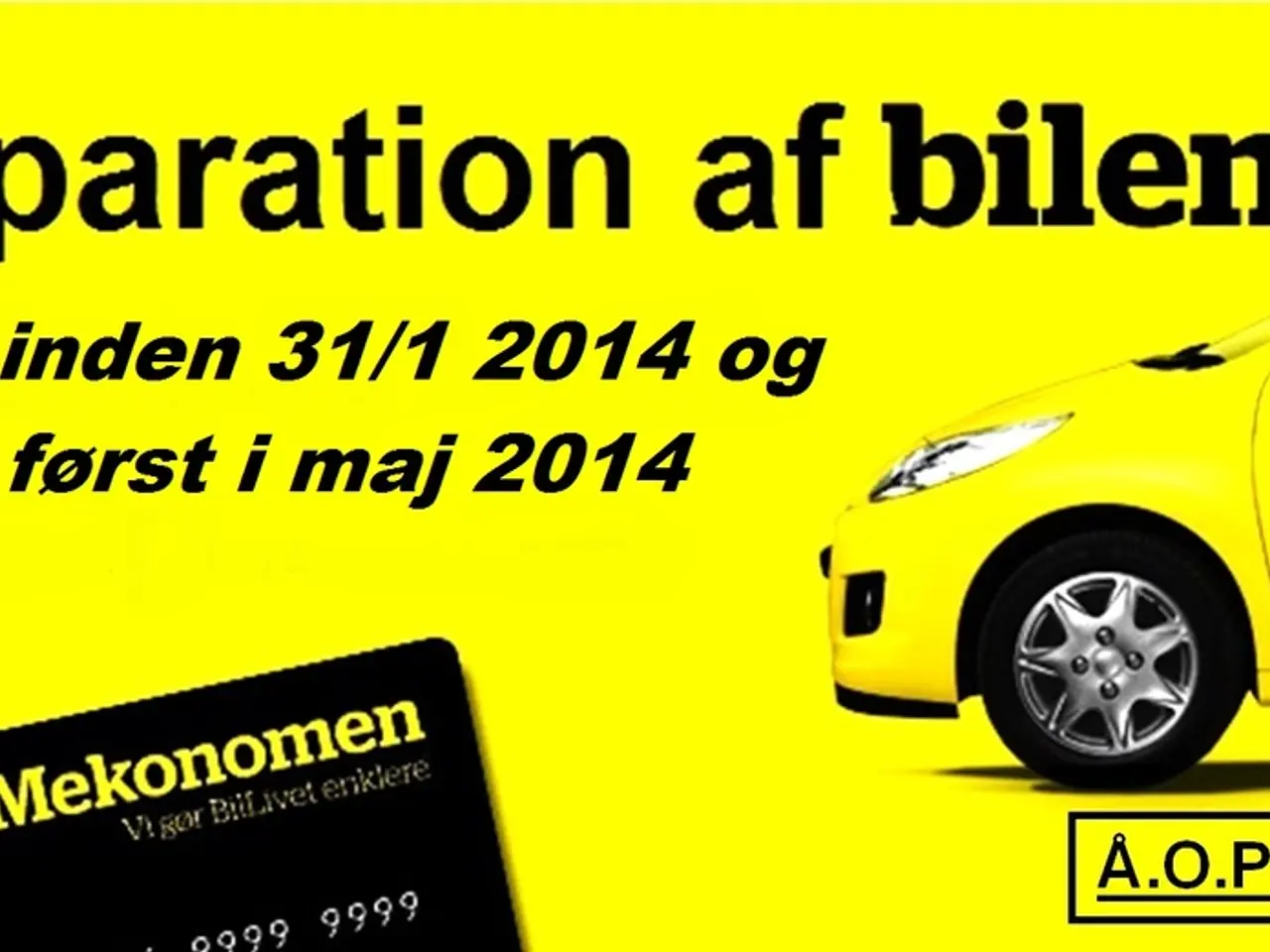RACE Against Time: EU-US Trade Deal on the Line as Merz and Macron Press Trump for Swift Action
Leaders Merz and Macron push for an expedited custom agreement with Trump
The countdown's ticking, and time's running out—less than two weeks until the US President's deadline for a customs agreement with the EU. A new offer from the US, currently under review in Brussels, may be the key to a swift resolution. Chancellor Merz and French President Macron are pushing hard for a quick agreement with the States, and EU Commission President von der Leyen says the EU is ready, but prepared for a "no deal" scenario too.
The heads of state and government have encouraged and urged von der Leyen "to reach a quick agreement, a quick understanding with the Americans in the less than two weeks remaining," Merz expressed after the summit to journalists. A deadline set by Trump for negotiations expires on July 9, with the EU Commission leading the talks. Macron also called for "a quick conclusion of an agreement, it should not drag on any longer." But he added, "not at any price."
Merz softened his criticism from earlier in the week about the Commission's negotiating tactics being "too complicated." The Chancellor now advocates for a faster compromise, even if it results in an asymmetrical agreement where the EU may accept some tariffs without equivalent US concessions. There's a growing understanding within the EU that achieving "zero tariffs" is unlikely, and a deal might resemble a "Swiss cheese" with exceptions and loopholes benefiting key sectors such as steel, automobiles, pharmaceuticals, and aerospace.
Talks are of an agreement along the lines of this "Swiss cheese" model, as an EU diplomat put it this week. A general US surcharge of around ten percent could remain in place if exceptions apply for important sectors such as the steel and automotive industry, both heavily affected by Trump's tariffs. If negotiations with the US fail, the EU has prepared counter-tariffs, with item lists such as jeans, aluminum products, and motorcycles, already approved by EU countries. Further increases are in progress, which could potentially affect US products worth around 100 billion euros.
- Tariffs
- Donald Trump
- Friedrich Merz
- Emmanuel Macron
- Ursula von der Leyen
The State of Play
The current status of the US-EU trade negotiations is tense and urgent, with a looming customs agreement deadline set by President Donald Trump for July 9, 2025. The key issue revolves around Trump's threat to impose a "reciprocal" 50 percent tariff on all EU exports if no deal is reached by that date.
The Struggle for a Swift Agreement
German Chancellor Friedrich Merz is pushing for a rapid trade deal with the US, criticizing the EU Commission's negotiation approach as overly complicated. Merz, backed by other leaders such as French President Emmanuel Macron and Italian Prime Minister Giorgia Meloni, is demanding a deal within days ahead of the EU leaders’ summit1.
The EU is concerned that failure to reach an agreement will lead to a harsh tariff regime starting on July 9, with US tariffs potentially hitting 50 percent on all EU goods, significantly escalating trade tensions1.
Facing Challenges and Uncertainty
The US trade policy under President Trump has been marked by unilateral tariff impositions and disregard for World Trade Organization (WTO) commitments and previous agreements, which undermines trust in the durability and enforceability of any new deal5.
The EU is wary of entering into agreements that might be temporary or subject to sudden reversals, as evidenced by past actions like reimposing tariffs on the UK shortly after reaching an exemption agreement5.
- German Chancellor Friedrich Merz
- French President Emmanuel Macron
- Ursula von der Leyen
- Trade Tensions
- Tariffs
- The World Trade Organization (WTO)
- Unilateral Trade Policies
The Commission is also proposing to increase the number of EU-funded projects in the field of education and training, focusing on topics such as negotiating tactics, trade agreements, and tariff policies.
Amidst the ongoing trade tensions, industry leaders like Friedrich Merz, Emmanuel Macron, and Ursula von der Leyen are advocating for a swift agreement with the US, recognizing the potential impact on sectors like finance, politics, and general-news if tariffs imposed by Trump force a "no deal" scenario.




